Exciting News: King's Downsizing & Estate Services Becomes a Full-Service Real Estate Brokerage!
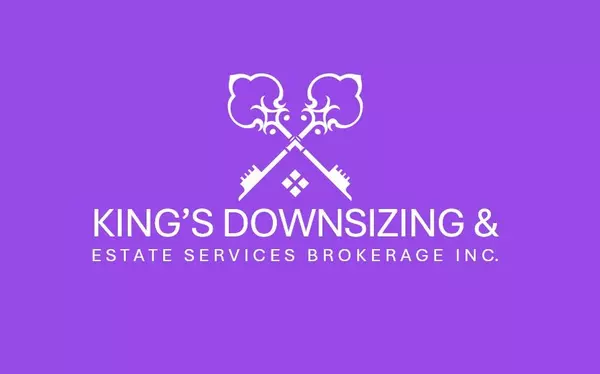
We’re thrilled to share some incredible news with our community: King’s Downsizing & Estate Services is now officially a full-service Real Estate Brokerage! This exciting new chapter allows us to better serve older adults and their families with seamless, one-stop, concierge-style support through e
Read More-
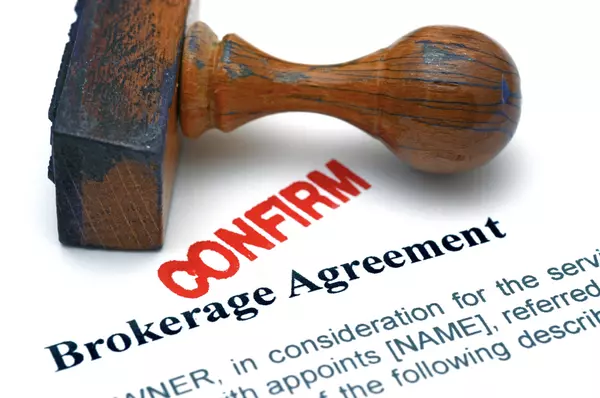
At King’s Downsizing & Estate Services, we are proud to announce that we have officially expanded into a full-service real estate brokerage, uniquely designed to serve older adults and families facing major life transitions. Our goal has always been to make the downsizing, estate settlement, and re
Read More King's Golden Years Concierge Services: Enhancing Your Lifestyle
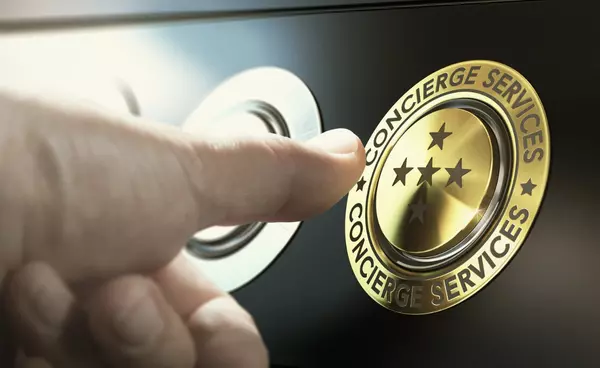
As we age, our needs and priorities evolve—and so should the support we receive. At King’s Downsizing & Estate Services, we recognize that true quality of life comes from feeling seen, supported, and empowered. That’s why we created King’s Golden Years Concierge Services: a lifestyle solution desig
Read MoreSpring Cleaning Tips: Decluttering Your Home Before Downsizing
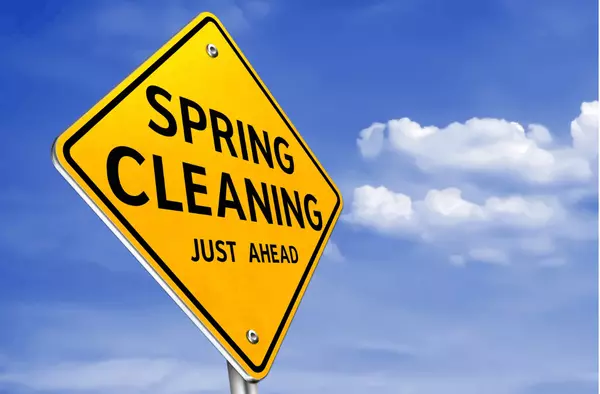
Spring is the perfect season for new beginnings—and there’s no better time to kick-start your downsizing journey than during your annual spring cleaning. Whether you’re planning to move in the coming months or simply making room for what matters most, decluttering is a powerful step toward clarity,
Read MoreSuccess Stories: Clients Share Their Positive Experiences with Our Services

At King’s Downsizing & Estate Services, every client journey is deeply personal. Behind every transition lies a story filled with emotion, resilience, and the desire to move forward with dignity and grace. Today, we’re honoured to share the story of one of our remarkable clients—a testament to the
Read More-
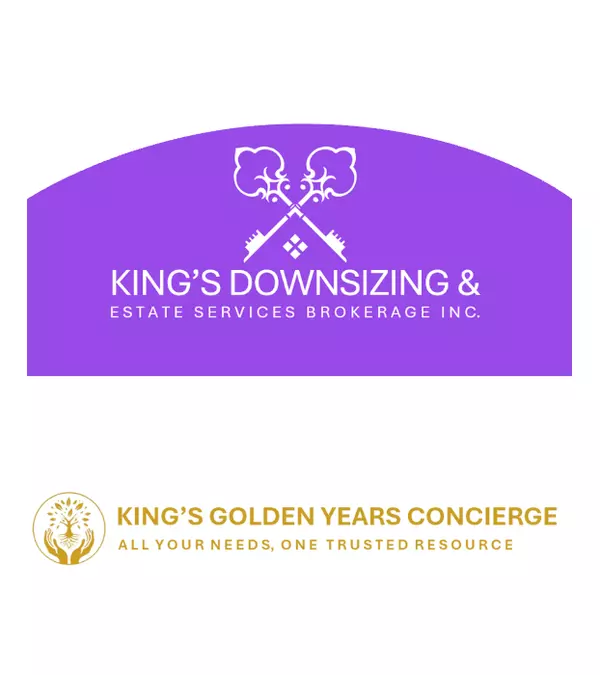
When it comes to major life transitions like downsizing, relocating, or settling an estate, real estate alone is only one part of the puzzle. At King’s Downsizing & Estate Services, we go beyond traditional buying and selling. Through the integration of our King's Golden Years Concierge Services, w
Read More Planning for the Future: Legal Considerations in Downsizing and Estate Planning
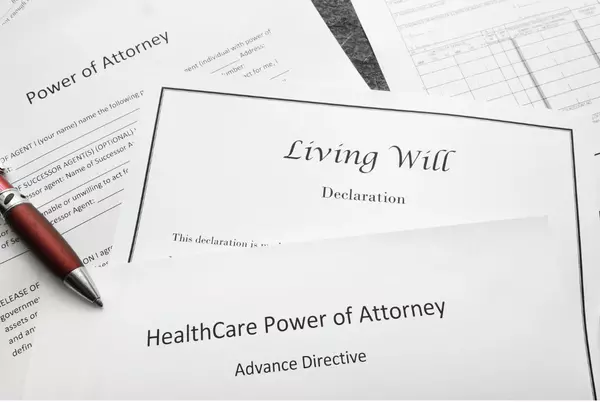
When it comes to downsizing or transitioning into a new phase of life, it’s not just about sorting through belongings or finding the perfect home—it’s also about making sound legal preparations that protect your assets, your wishes, and your peace of mind. At King’s Downsizing & Estate Services, we
Read MoreStaying Connected: Combating Loneliness Through Community Engagement

As we age, one of the most overlooked—but deeply important—challenges many seniors face is loneliness. Whether it’s due to the loss of a spouse, retirement, mobility limitations, or moving away from a long-time neighborhood, social circles can gradually shrink, leaving older adults feeling disconne
Read MoreThe Emotional Aspects of Downsizing: Tips for a Smooth Transition
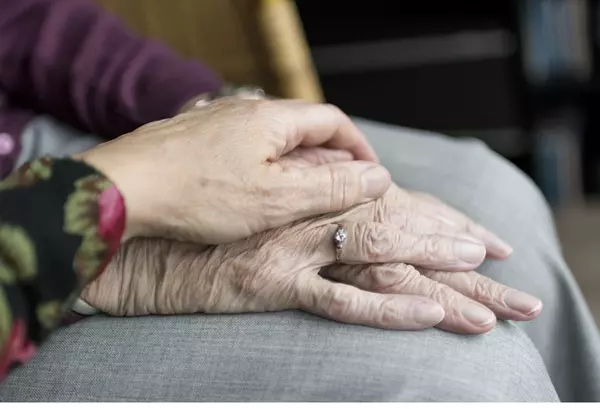
Downsizing is more than just a physical move—it’s an emotional journey. For many older adults and their families, letting go of a longtime home means parting with decades of memories, routines, and familiar comforts. It’s a process that can stir up feelings of grief, anxiety, and even guilt—especia
Read MoreAging-in-Place Home Modifications: Simple Changes for Improved Accessibility
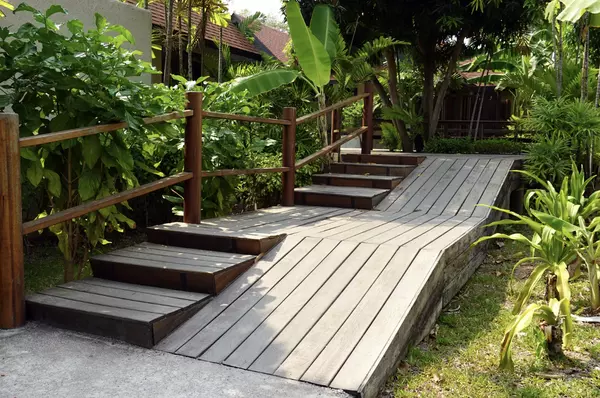
Aging gracefully at home is a growing priority for many older adults. In fact, the vast majority of seniors prefer to age in place—maintaining independence, comfort, and familiarity in their own homes. But to make this vision a reality, it’s essential to ensure that the home environment is safe, fu
Read MoreFinancial Benefits of Downsizing: How to Maximize Your Investment

For many older adults, downsizing isn’t just a lifestyle decision—it’s a smart financial move. Whether you’re looking to reduce expenses, free up equity, or simplify your daily life, downsizing your home can open the door to new opportunities and long-term savings. At King’s Downsizing & Estate Ser
Read MoreNavigating the Real Estate Market: Tips for Seniors Looking to Sell

Selling a home at any stage of life can be overwhelming—but for seniors, the process often comes with unique emotional and logistical considerations. Whether you're downsizing, transitioning into a retirement community, or simply looking to simplify your lifestyle, understanding the real estate mar
Read MoreTop Considerations When Downsizing: Finding the Right Fit for Your Future

Downsizing is more than just moving to a smaller space—it’s about embracing a new chapter of life that better reflects your current lifestyle, priorities, and future goals. Whether you’re planning ahead or navigating a transition brought on by changing health or family dynamics, downsizing offers a
Read MoreEmbracing Aging-in-Place: Creating a Safe and Comfortable Home Environment
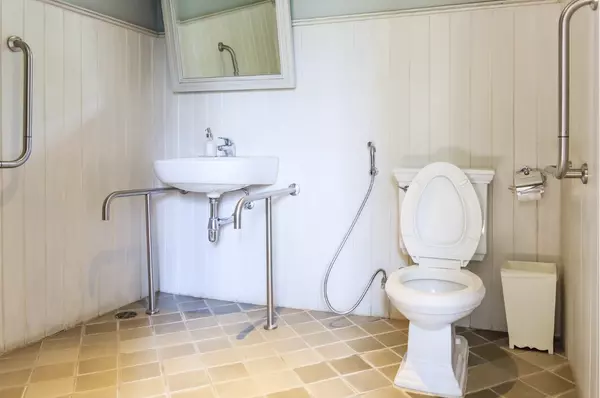
As we or our loved ones grow older, the idea of home becomes even more meaningful. It represents independence, familiarity, and the memories of a life well-lived. That’s why more older adults are choosing to age in place — the ability to live in their own home safely, comfortably, and independently
Read MorePlanning Your Move to a New Home in 2025: Tips for a Fresh Start

As 2025 approaches, you might be considering a fresh start—perhaps downsizing to a more manageable home, relocating to a retirement community, or simply embracing a new chapter in life. Whatever the reason, moving to a new home can be an exciting yet daunting process. At King’s Downsizing & Estate
Read MoreThe Power of Letting Go: How Decluttering Can Improve Your Well-Being
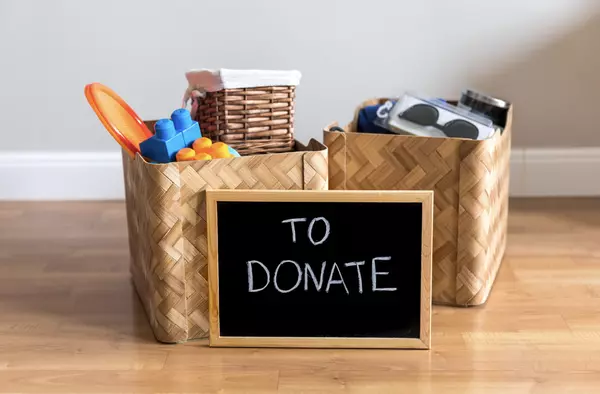
We often accumulate more than just physical items over the years—emotional baggage, memories, and stresses come with the territory. Decluttering, however, is not just about cleaning out your closet or organizing your attic. It’s about creating space in your life for better mental, emotional, an
Read MoreMaximizing the Benefits of Home Safety Upgrades for Seniors

As we age, maintaining a safe and comfortable living environment becomes increasingly important. For seniors, the risk of falls, accidents, and injuries in the home can be a significant concern. That's why home safety upgrades are crucial in helping older adults maintain their indepen
Read MoreSimplifying the Estate Settlement Process with Professional Guidance

When a loved one passes away, the process of settling their estate can feel overwhelming and emotionally draining. The responsibilities of managing the deceased’s property, finances, and legal affairs often fall on family members or executors, who may not have the time, resources, or expertise to h
Read MoreWhy Now is the Best Time to Begin Planning to Downsize in 2025

As we move into the final months of 2024, it may seem like 2025 is still a long way off. However, when it comes to downsizing and preparing for major life transitions, starting early is the key to a smoother, stress-free experience. Whether you're considering downsizing due to lifestyle changes, re
Read MoreFinding the Right Retirement Residence for Your Lifestyle and Needs

Choosing the right retirement residence is a significant decision that can impact your quality of life for years to come. With so many options available, it can be overwhelming to navigate through the variety of choices, each offering different levels of care, amenities, and lifestyles. At King
Read More
Categories
- All Blogs 73
- 55+ Living Communities 20
- Aging-In-Place 16
- Community Engagement 3
- Concierge 13
- Decluttering 8
- Downsizing 31
- Estate Planning 6
- Estate Settlement 26
- Fall Prevention 11
- General 18
- Home Safety 8
- International Retirement Living 4
- Land Lease 6
- Life Lease 7
- Lifestyle 15
- Out of Town Estate Settlement 24
- Probate 22
- Real Estate 4
- Retirement Residences 17
- Tax Returns 4
- Wealth Transfer 21
Recent Posts










